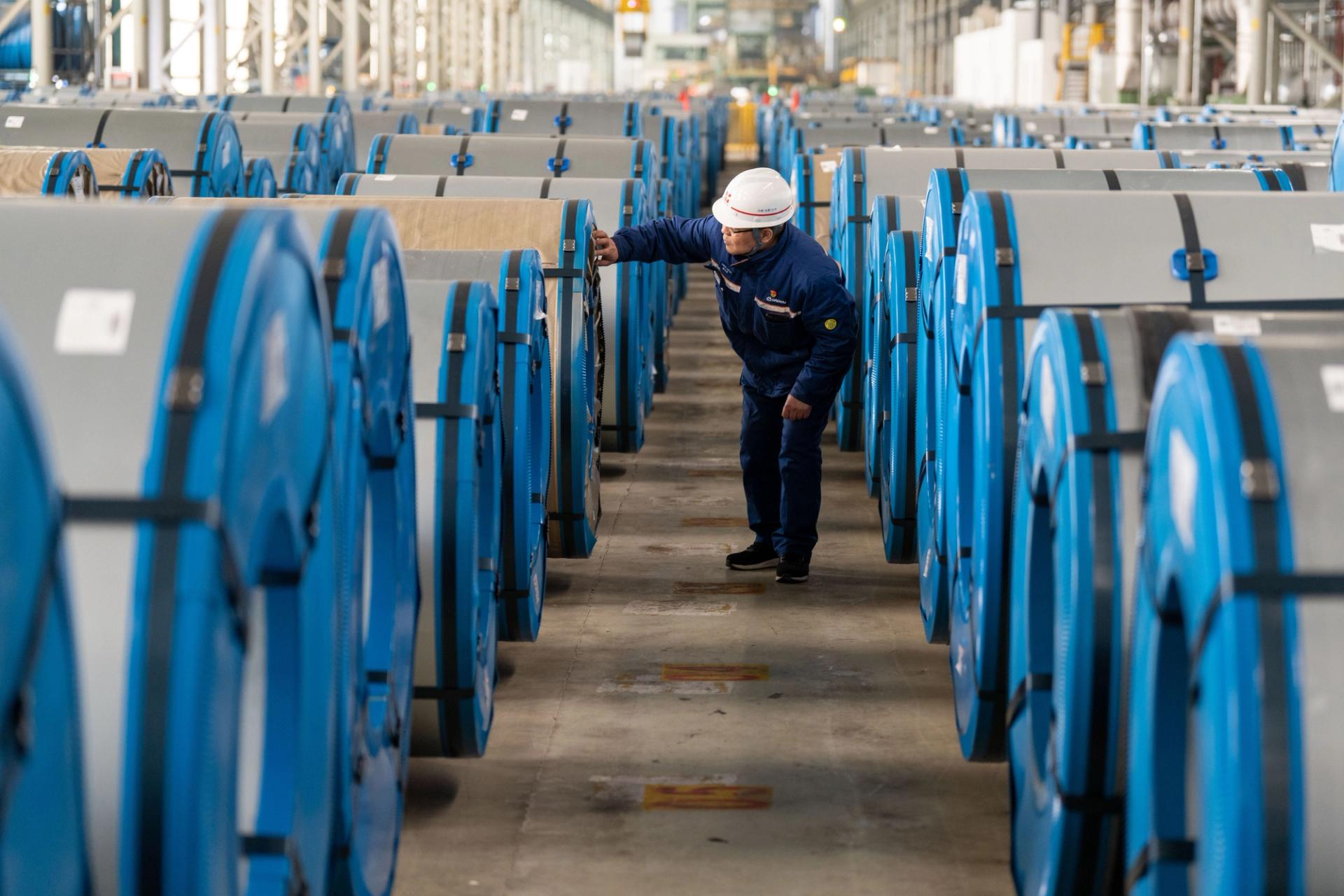The News
Brazil’s industry ministry has launched a series of probes into the alleged Chinese dumping of industrial products such as metal sheets, chemicals and tyres, after a surge of cheap imports that have hurt local manufacturers, the Financial Times reported.
The industry ministry said there was sufficient evidence to indicate export dumping from China to Brazil, and “damage to the domestic industry resulting from such practice.” Steelmakers have also requested further tariffs on imported steel products to address the competition.
Brazil’s investigations come as U.S. steel worker unions have petitioned the country’s trade representative to investigate China’s shipbuilding industry over what they say are unfair practices. The European Union is also investigating alleged state-sponsored subsidies for Chinese electric vehicles, which have entered European markets at cheaper prices, adding to concerns over unfair trade practices.
SIGNALS
China’s factory surplus has led to falling prices, and a global trade imbalance
As China’s property boom collapsed, leaders in Beijing have pumped money into the factory sector to shore up growth and avoid a housing market related-recession, Bloomberg reported. The result has been an “exceptionally large” Chinese manufacturing surplus amounting to about 2% of global GDP, the Council on Foreign Relations wrote.
Faced with an excess of goods and not enough demand within the country, China’s sellers have heavily discounted their wares for export — flooding the market with everything from cheap electric vehicles to batteries, and hurting manufacturers in other countries, who can’t compete. The prices of goods shipped from China fell around 20% last year, The Wall Street Journal reported, citing figures from Dutch bank ABN AMRO. “With a weakening economy, China naturally looks for exports,” Brad Setser of the Council on Foreign Relations told the WSJ. “But any meaningful expansion of Chinese exports beyond current levels will crush production elsewhere.”
President Lula hopes to draw Chinese investment to revitalize aging industries
Brazilian president Luiz Inácio Lula da Silva recently revealed a $60 billion-plan to revitalize aging industries such as agribusiness, health, and defense — but analysts are doubtful. “The market is very skeptical of large industrial policy programs. This was tried in the past and was a spectacular failure, ” one Latin America analyst at Goldman Sachs told Bloomberg. After a wave of international companies from Ford to Sony left Brazil, Lula indicated on a visit to China that he hoped the Asian giant would plough money into reinvigorating his country’s lackluster industrial sector.
Lula signaled on the state visit that he wants the relationship with Beijing, his country’s largest trading partner, to move “beyond that phase of commodity exports”, according to the Associated Press. For years, Brazil has exported to China raw materials such as iron ore — which is used to produce the steel imports now hurting Brazilian factories.
China’s renewables manufacturing boom hurts green global trade
China’s overcapacity is harming the global trade in green goods — while the country accounts for 36% of the global demand for solar panels, according to the Atlantic Council, it is responsible for more than 75% of global solar production. A green spending binge in China has led to even dairy farmers and toy makers joining the rush, The Wall Street Journal reported — at the same time as the U.S. and EU are looking to boost green manufacturing at home.
This has left factories in smaller countries struggling to stay in business. The Wall Street Journal reported that one Norwegian producer of solar wafers — a key component of solar panels — went bankrupt while its main competitor was unable to sell its products. The European Commission is considering tariffs on Chinese battery-powered electric vehicles, where a flood of imports has threatened European production, and green energy sources such as wind turbines and heat pumps could be next, the Atlantic Council said.

